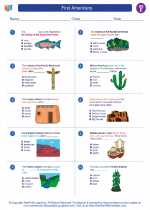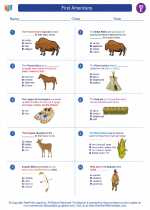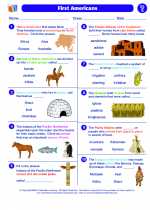Europe
Europe is a continent located entirely in the Northern Hemisphere and mostly in the Eastern Hemisphere. It is bordered by the Arctic Ocean to the north, the Atlantic Ocean to the west, and the Mediterranean Sea to the south. The continent of Europe is made up of 44 countries, including some of the world's most powerful and influential nations such as Germany, France, and the United Kingdom.
Geography
Europe is known for its diverse geography, including mountain ranges such as the Alps and the Pyrenees, as well as vast plains and river systems like the Danube and Rhine. The continent also has a varied climate, ranging from the Mediterranean climate in the south to the subarctic climate in the north.
History
Europe has a rich and complex history, with many significant events and developments that have shaped the world. It has been the birthplace of ancient civilizations such as the Greeks and Romans, and has been the stage for major events such as the Renaissance, the Reformation, and the two World Wars. Europe has also been a major center for trade, exploration, and colonization, which has had a lasting impact on global politics and culture.
Culture
European culture is incredibly diverse, with each country having its own unique traditions, languages, and customs. The continent has made significant contributions to art, music, literature, and philosophy, and is home to many famous landmarks and cultural heritage sites such as the Eiffel Tower, the Colosseum, and the Acropolis.
Study Guide
- What are the major geographical features of Europe?
- What are some key events in the history of Europe?
- How has European culture influenced the world?
- Name three famous landmarks or cultural heritage sites in Europe.
- List three countries that are part of the continent of Europe.
Studying the continent of Europe provides a great opportunity to explore the diverse geography, rich history, and vibrant culture of this important region. It also allows for a deeper understanding of the global impact of European nations and their contributions to the world.
.◂Social Studies Worksheets and Study Guides Fifth Grade. First Americans

 Worksheet/Answer key
Worksheet/Answer key
 Worksheet/Answer key
Worksheet/Answer key
 Worksheet/Answer key
Worksheet/Answer key
 Worksheet/Answer key
Worksheet/Answer key
